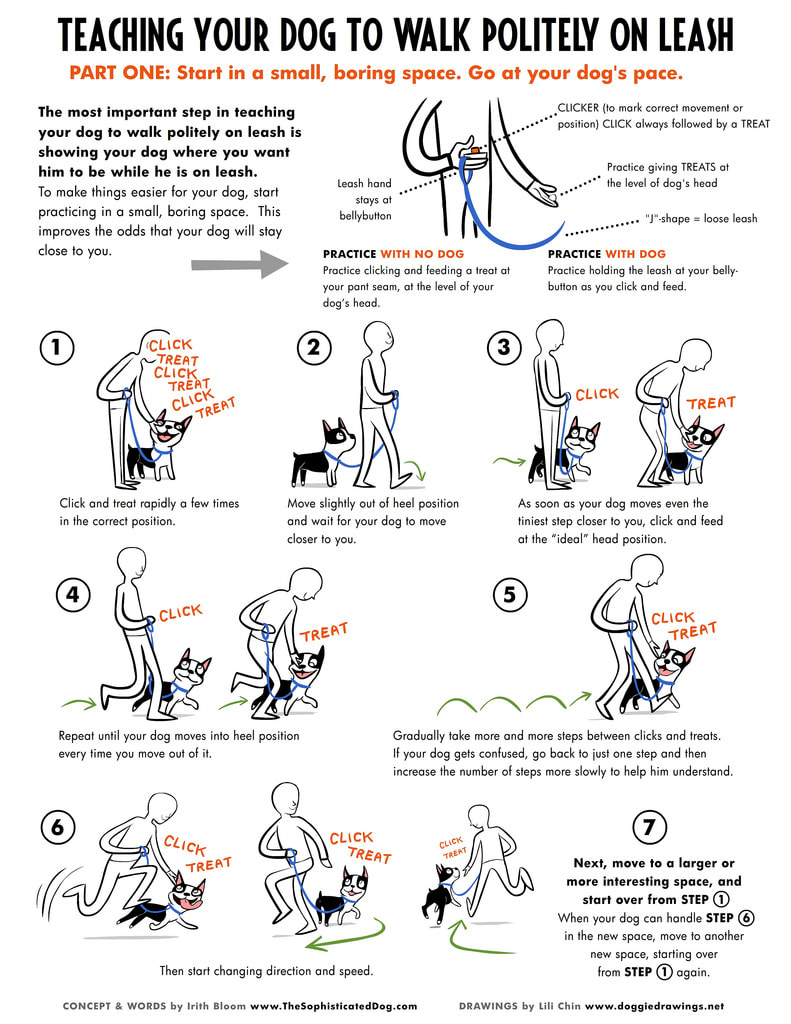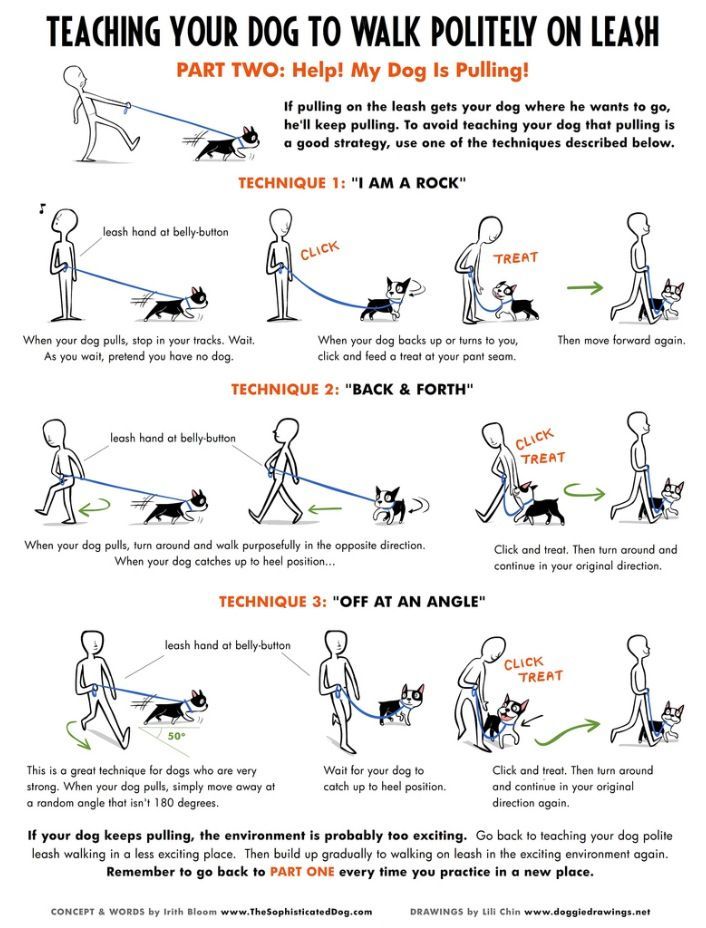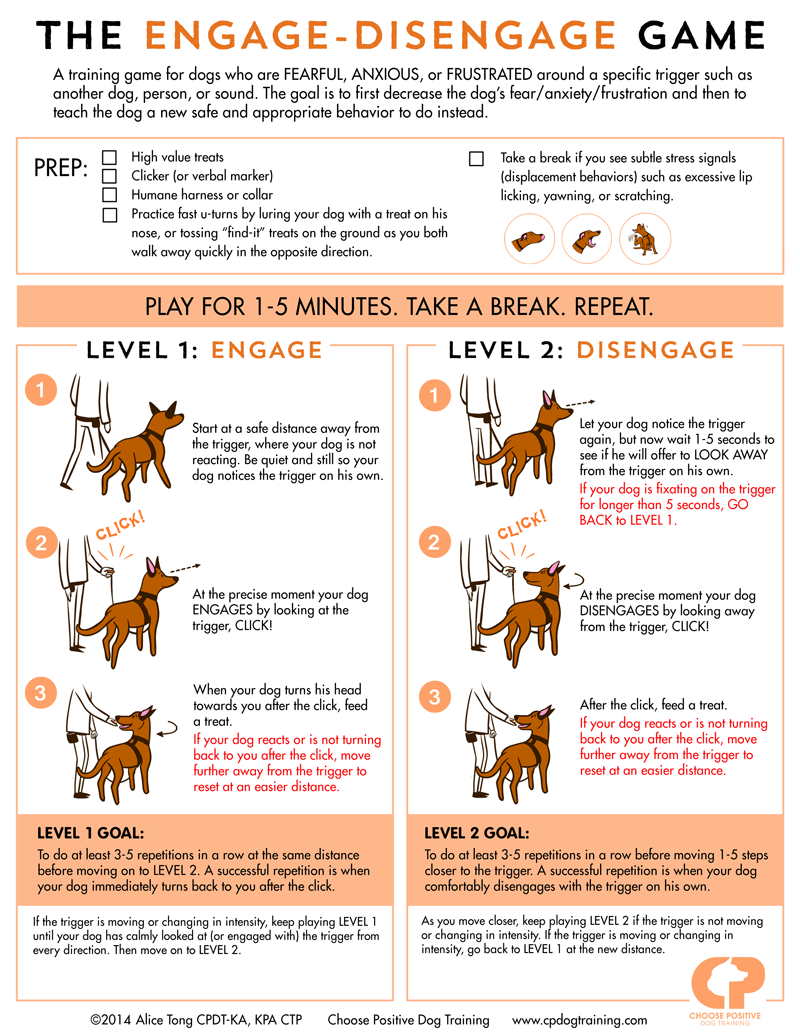People often ask us to recommend reputable dog trainers serving the Watertown area. Here's our list of recommendations below:
Classes in Watertown:
Classes Near Watertown:
|
|
|
Located in Hartland & Pewaukee, they offer a variety of classes including Puppy, Manners, Dog Sports, & Specialty classes including Focus & Control, Shy Dog, Building a Rocket Recall. You may also be interested in their Puppy Socials.
|
|
|
Private Behavior Consults - For Dogs with Serious Behavior Problems
Whether you're looking for a trainer to help you and your dog master therapy work or searching for someone to help you investigate canine nosework, you'll want to know that your trainer is both reputable and qualified to teach in his field. The following link is a handy reference for finding reputable professionals in general dog training, as well as a wide variety of specialties.
How to Hire a Dog Trainer
Excerpt from the American College of Veterinary Behaviorists
It is advised that dog owners call, interview, and ideally observe a trainer prior to
hiring them. If the trainer you are considering using falls into any of these categories,
you should pick another trainer.
Warning signs include:
1. The equipment recommended for basic obedience includes or is focused on choke
collars, prong collars, or shock collars.
2. Trainers who ban head collars of any kind may rely unduly on force.
3. The trainer instructs you to manage your dog’s behaviors by pinching toes, kneeing
the dog in the chest or abdomen, hitting the dog, forcibly holding the dog down
against their will, constantly yelling at the dog, frequently yanking the collar
constantly, or using prong, choke, pinch or shock collars or electronic stimulation.
4. The trainer believes most or all training is about encouraging the person to be “alpha”
and teaching the dog to “submit”.
5. The trainer explains that most dog behavior, for example, jumping on people, occurs
because the dog is trying to be “dominant”.
6. A trainer recommends “alpha rolls”, “scruffing”, “helicoptering”, “choking” or any
other painful or physical methods as a means of “training” or modifying behavior.
hiring them. If the trainer you are considering using falls into any of these categories,
you should pick another trainer.
Warning signs include:
1. The equipment recommended for basic obedience includes or is focused on choke
collars, prong collars, or shock collars.
2. Trainers who ban head collars of any kind may rely unduly on force.
3. The trainer instructs you to manage your dog’s behaviors by pinching toes, kneeing
the dog in the chest or abdomen, hitting the dog, forcibly holding the dog down
against their will, constantly yelling at the dog, frequently yanking the collar
constantly, or using prong, choke, pinch or shock collars or electronic stimulation.
4. The trainer believes most or all training is about encouraging the person to be “alpha”
and teaching the dog to “submit”.
5. The trainer explains that most dog behavior, for example, jumping on people, occurs
because the dog is trying to be “dominant”.
6. A trainer recommends “alpha rolls”, “scruffing”, “helicoptering”, “choking” or any
other painful or physical methods as a means of “training” or modifying behavior.
* Please note that having initials after one’s name is not a guarantee of a trainer who will
not engage in these practices. To maximize the chances of recommending or using a
qualified trainer, the dog owner will need to ask the trainer some basic information,
and see for themselves how the trainer treats the dogs in the classes/consultations.
Should your dog ever start to show signs of aggression, fear, anxiety, distress, or any
other condition that you find worrisome during training let your veterinarian know.
If you ever feel uncomfortable with something the trainer asks you to do to your
dog, stop working with that trainer and alert your veterinarian so they can give you
guidance.
not engage in these practices. To maximize the chances of recommending or using a
qualified trainer, the dog owner will need to ask the trainer some basic information,
and see for themselves how the trainer treats the dogs in the classes/consultations.
Should your dog ever start to show signs of aggression, fear, anxiety, distress, or any
other condition that you find worrisome during training let your veterinarian know.
If you ever feel uncomfortable with something the trainer asks you to do to your
dog, stop working with that trainer and alert your veterinarian so they can give you
guidance.
Handy Reference Guides
Got Questions?
Feel free to give us a call at 920-798-4387



